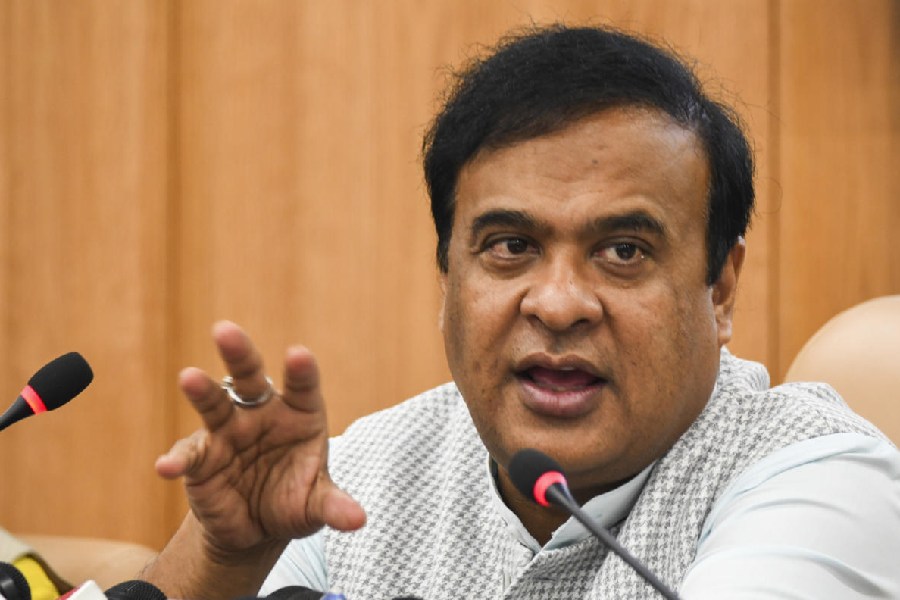A week after issuing a sharp warning to Bangladesh over remarks on the Siliguri Corridor, Assam chief minister Himanta Biswa Sarma has taken aim at Pakistan, calling out what he terms a “manufactured scare narrative” over the Brahmaputra river.
Responding to speculation circulating in Pakistani circles about China potentially “weaponising” the Brahmaputra’s flow into India, Sarma dismissed the concerns as baseless, backing his rebuttal with a flood of data and strategic reasoning.
“Let’s dismantle this myth — not with fear, but with facts and national clarity,” Sarma wrote in a social media post titled “What If China Stops Brahmaputra Water to India? A Response to Pakistan’s New Scare Narrative.”
According to the Assam CM, China contributes only about 30–35% of the Brahmaputra’s total water volume, primarily from glacial melt and sparse Tibetan rainfall, while over 65% is generated within Indian territory, thanks to heavy monsoons in the Northeast and major tributaries such as the Subansiri, Lohit and Manas.
“The Brahmaputra is not a river India depends on upstream — it is a rain-fed Indian river system, strengthened after entering Indian territory,” he said.
Further, he added that the river’s flow surges from 2,000–3,000 m³/s at the Indo-China border to over 15,000 m³/s in Assam during the monsoon.
Sarma went further, suggesting that even if China were to reduce the flow — “which is unlikely” — it might actually benefit Assam by mitigating the state’s annual floods, which displace lakhs of people each year.
The post comes in the wake of Pakistan’s concerns over India moving away from the Indus Waters Treaty.
Sarma accused Islamabad of exploiting the 74-year-old agreement and now reacting with panic as India asserts its sovereign rights over its rivers.
But this isn’t Sarma’s first geopolitical strike in recent days.
The Assam CM recently lashed out at Bangladesh following controversial remarks made by interim Prime Minister Muhammad Yunus during a visit to China.
Yunus had claimed that Bangladesh was the “guardian of the ocean” for India’s northeastern states, a statement Sarma interpreted as a veiled threat regarding the Siliguri Corridor.
In response, Sarma pointed out Bangladesh’s own geographical vulnerabilities, including two ‘chicken neck’ corridors linking key parts of the country, and warned that any rhetoric undermining India's territorial integrity would be met with facts and firmness.
He also cited the sensitive Chittagong corridor that connects Bangladesh’s economic and political capitals, reminding Dhaka that regional geography is a shared reality, not a tool for strategic posturing.
The war of words comes at a time when tensions in the Northeast remain high following ‘Operation Sindoor’, the military-led crackdown on cross-border terror modules in the region.
The operation aimed to root out insurgent groups operating along the Indo-Bangladesh and Indo-Myanmar borders.
Intelligence reports had suggested renewed interest from hostile powers in reviving old airstrips and supply chains,including the World War II-era Lalmonirhat airbase in Bangladesh, raising concerns over the security of the Siliguri Corridor and other sensitive areas.










